With an expected annual rice output of over 43 million tons, in addition to ensuring domestic food security, processing, breeding, and livestock farming, Vietnam can export over 7.5 million tons of rice in 2023.
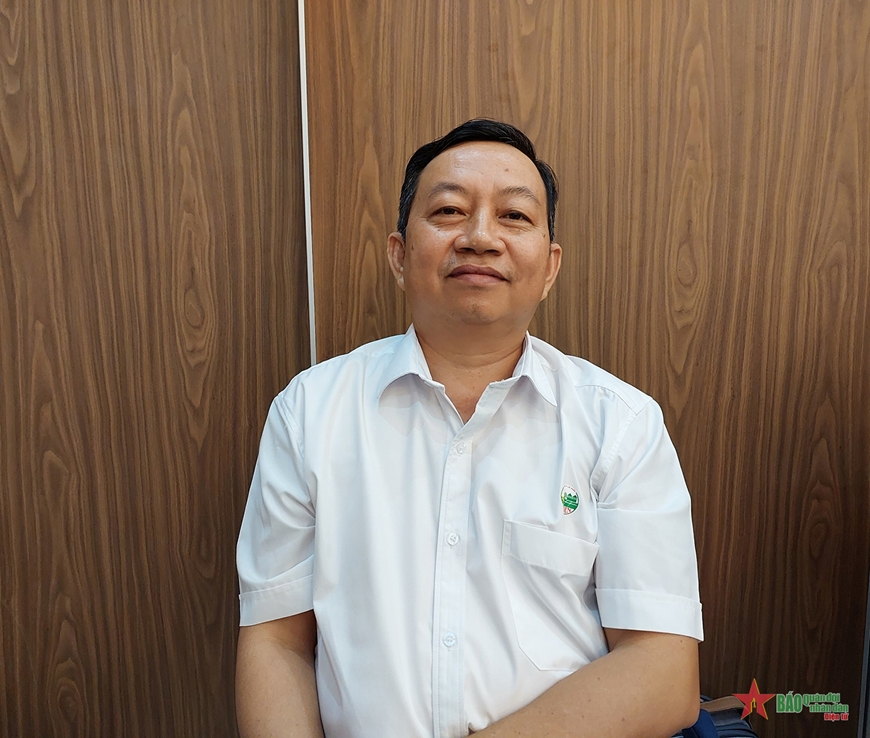 |
| Mr. Nguyen Van Nhut, General Director of Hoang Minh Nhat Joint Stock Company. |
Last week, the whole world shared a common concern: ensuring food security due to the unpredictable shift from export to stockpiling by some agricultural exporting powers, and the impacts of El Nino on food production.
The story began to heat up when India stopped exporting some common rice varieties. Then Russia withdrew from the Black Sea Grain Initiative, which pushed world food prices up. Global food security became even more precarious, threatening to push more people into hunger.
The collapse of the Black Sea Grains Initiative, which was seen as a lifeline for global food security, has dealt a heavy blow to world food markets. Prices of some of the world's staples have skyrocketed.
Looking back at Vietnam's rice export situation, we have been exporting rice since 1989. And since then, we have banned rice exports three times: in 1997 due to the El Nino phenomenon; in 2008 when the world's regional food crisis occurred; and once in 2020 when the Covid-19 pandemic appeared. In my opinion, we have not carefully calculated such rice export bans. After the rice export ban, there were consequences for businesses and farmers. Therefore, this time, I think the Government needs to calculate carefully to avoid making the same mistake as in 2008.
In the first 7 months of the year, Vietnam exported nearly 5 million tons of rice, reaching a turnover value of nearly 2.6 billion USD, an increase of nearly 30% in value compared to the same period last year. It can be seen that the Vietnamese rice industry is facing both opportunities and challenges in the context of fluctuations. Exports benefit in terms of price and market, but Vietnam cannot forget to focus on ensuring domestic food security as well as preparing a pillow source to increase turnover when prices benefit.
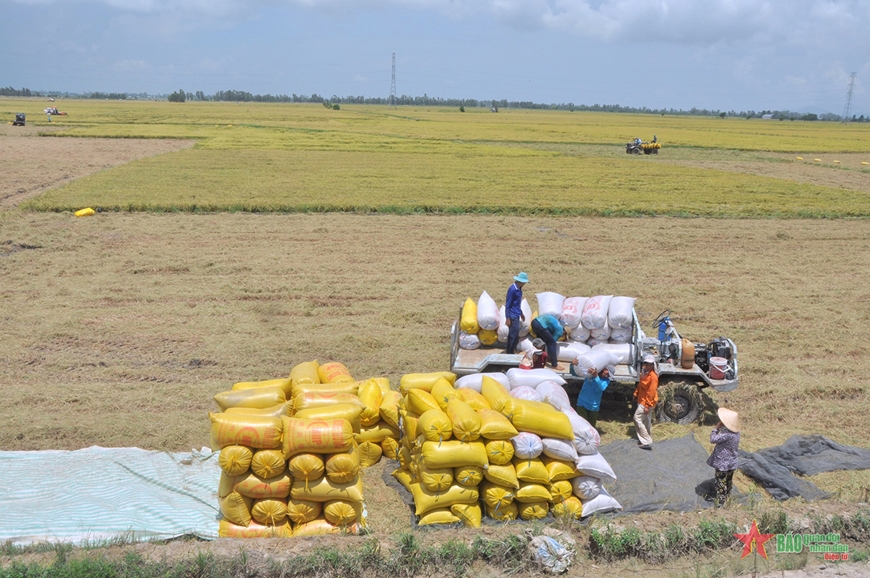 |
With the characteristic of producing 3 rice crops a year and 1 rice crop every 3 months, Vietnam's food security issue is not a concern. |
Regarding food security, Vietnam not only "holds the stomachs" of 100 million people, but is also a source of food for many other countries. When Vietnam proactively develops national food security scenarios, it means we are not only protecting ourselves, but also striving to preserve the global food supply chain. With the characteristic of producing 3 rice crops a year and 1 rice crop every 3 months, in my opinion, the food security issue is not a cause for concern. The proof is that although the summer-autumn rice crop is increasingly affected by El Nino, the relevant authorities have proactively pushed the crop calendar earlier, focusing on the structure of medium- and short-term rice varieties to avoid drought and salinity, especially in the Mekong Delta. The output can still ensure more than 10 million tons of rice. The total output of the whole country this year is 43 million tons of rice, enough to ensure food security in many scenarios.
Facing the trend of food hoarding in the world, Vietnam has also been proactive in this work. The General Department of State Reserves has planned the largest inventory reserve ever, which can meet sudden needs in many cases of natural disasters and epidemics.
THUY AN (written)
Source


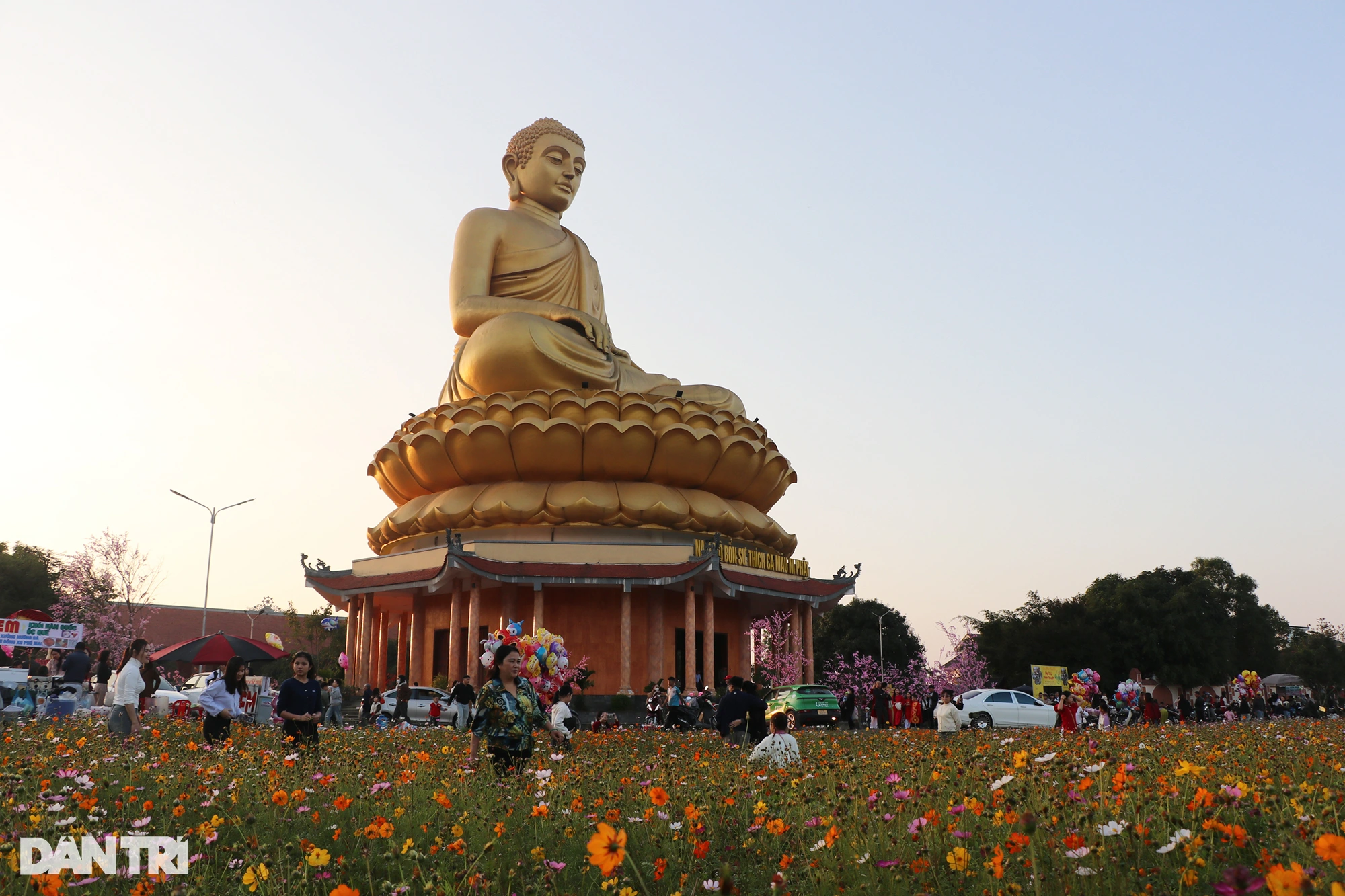



















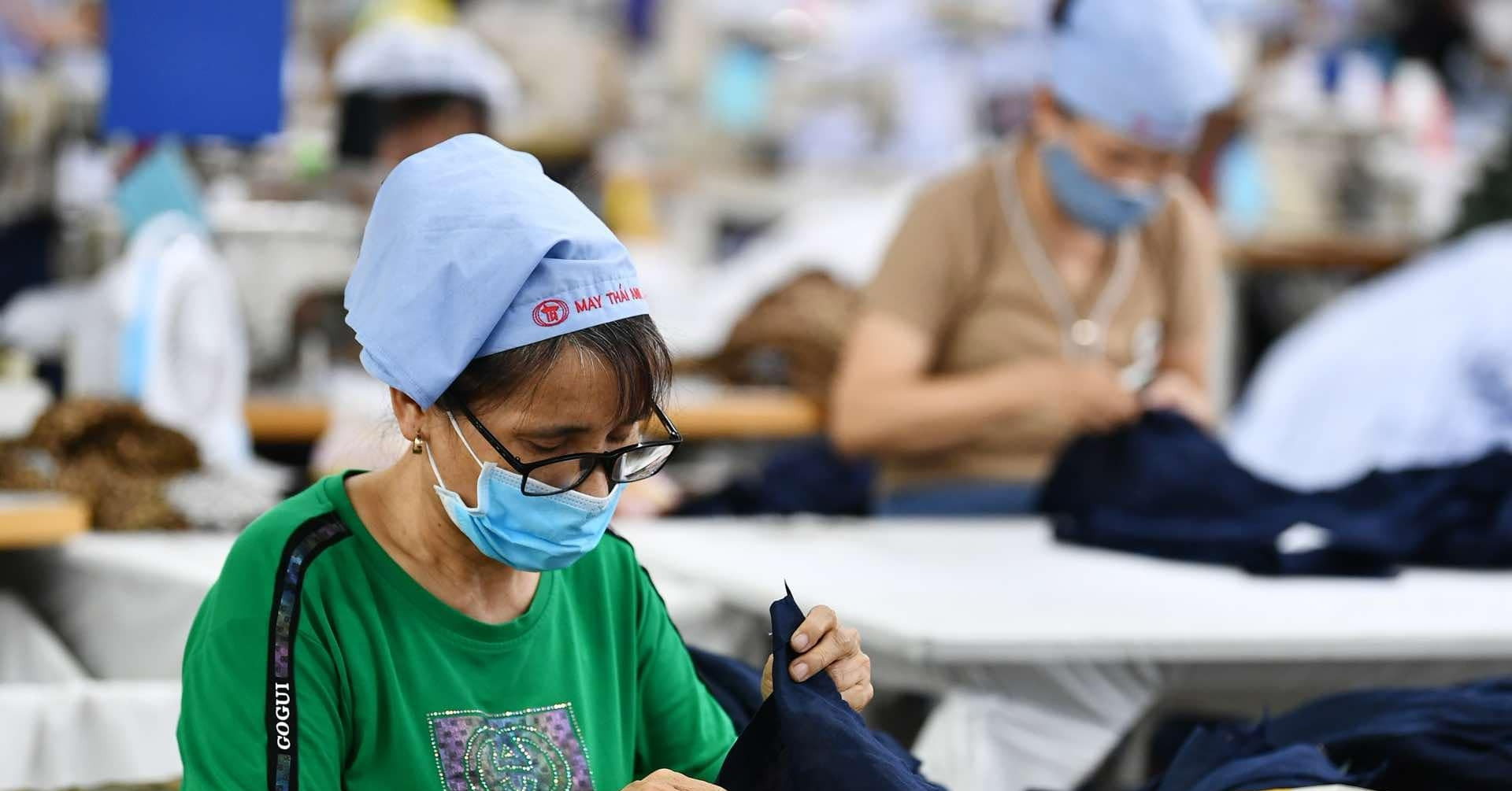

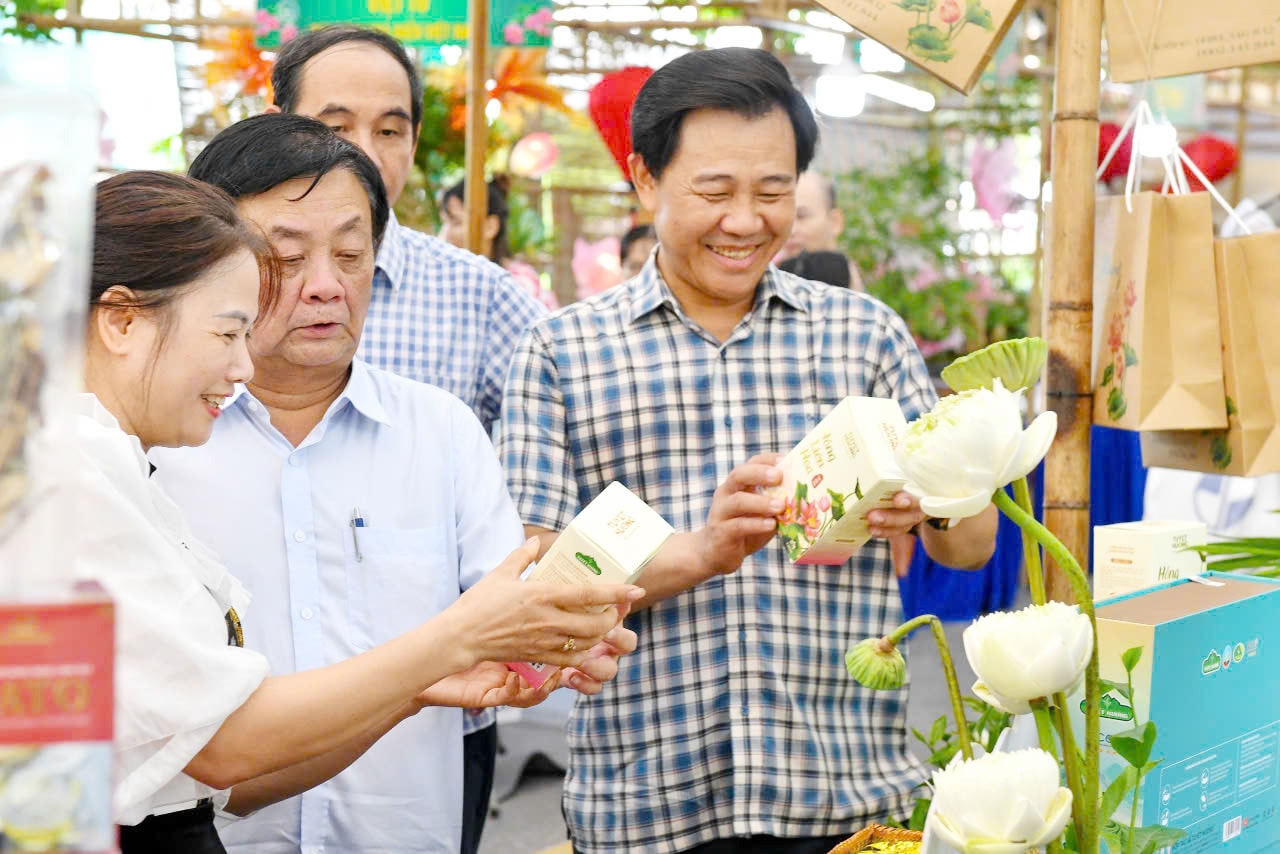

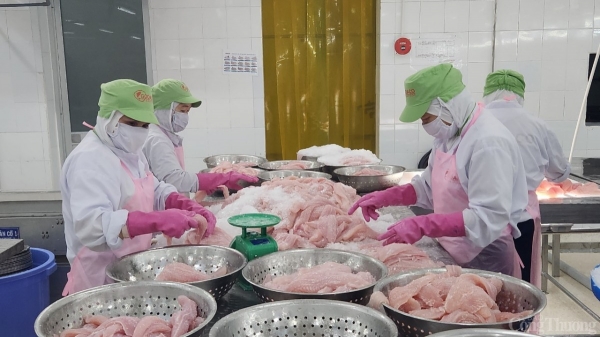

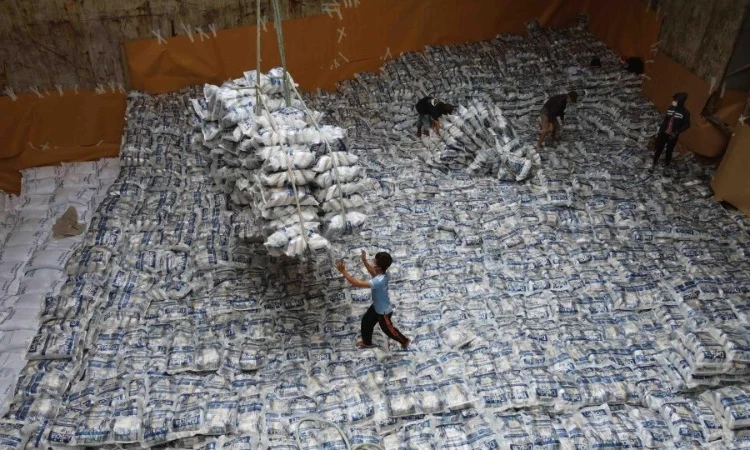
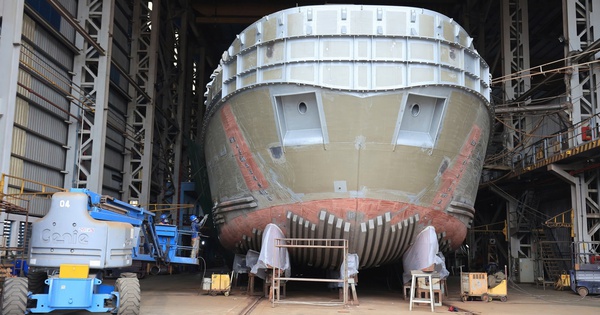

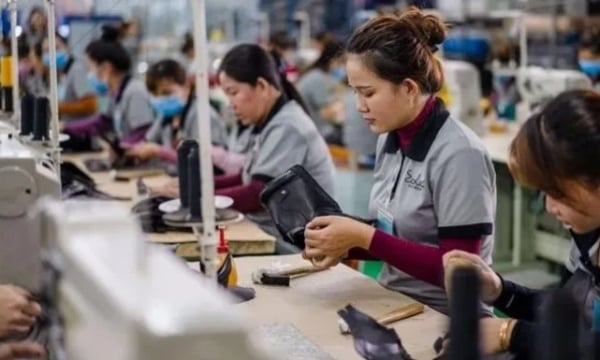




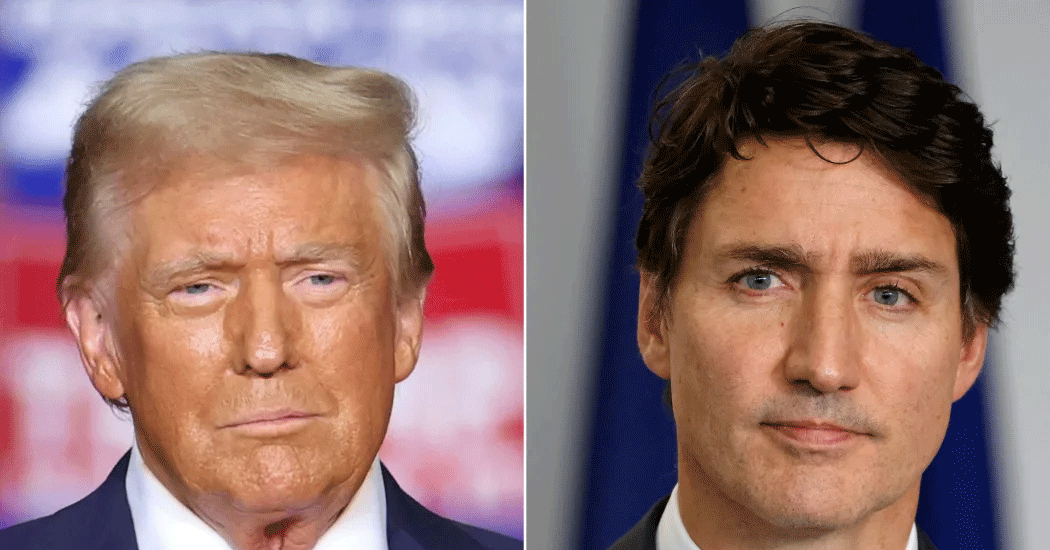




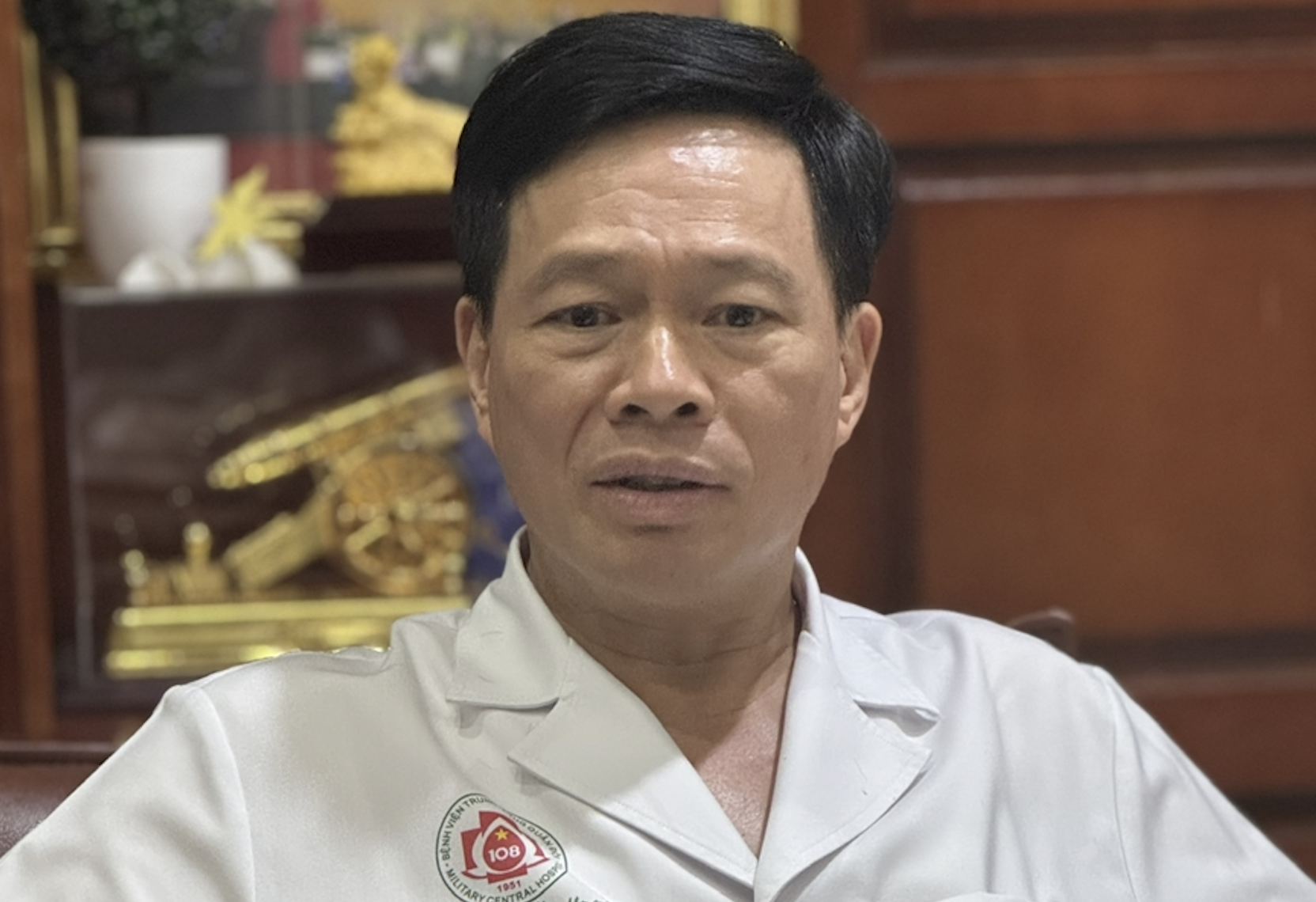


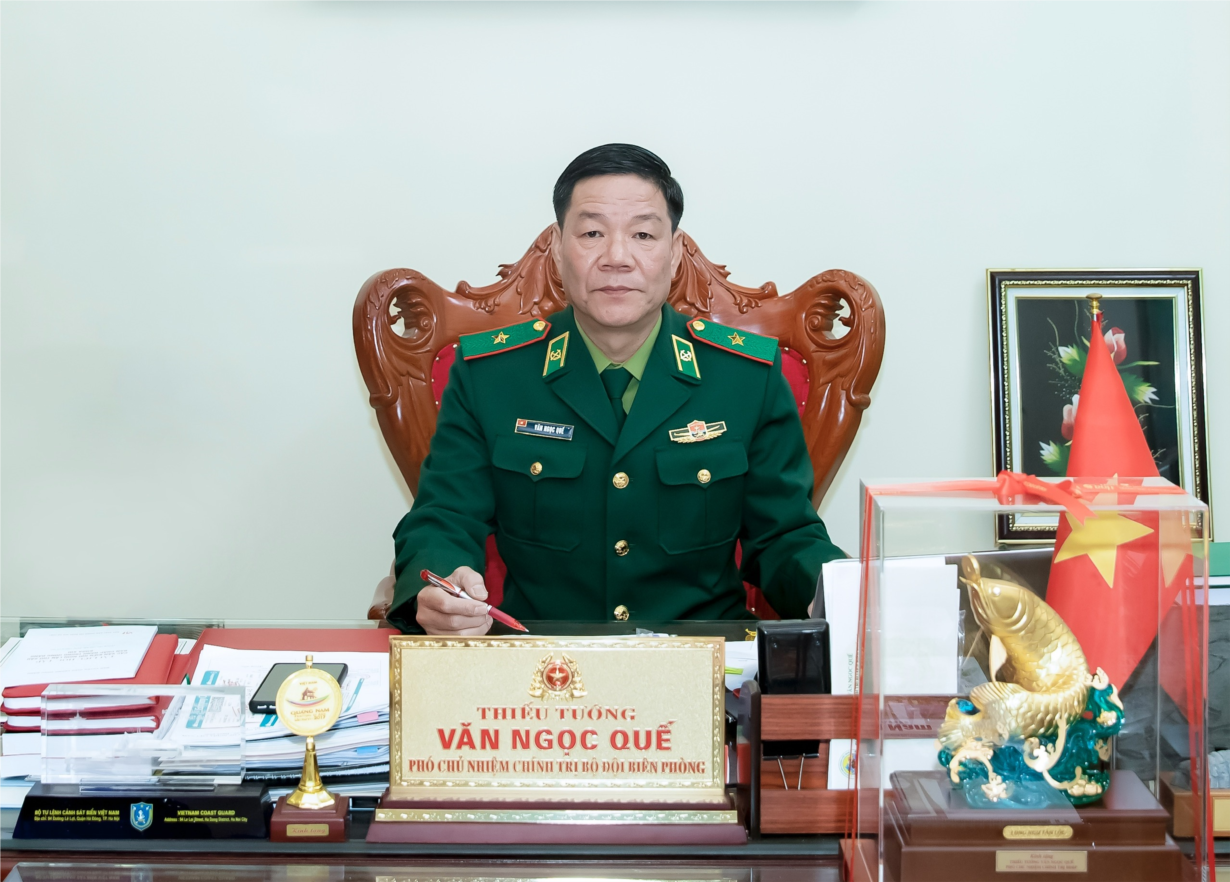

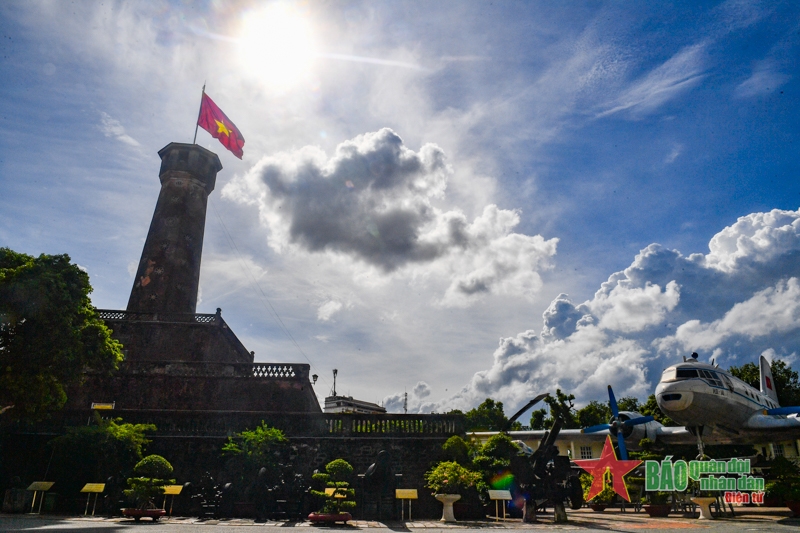






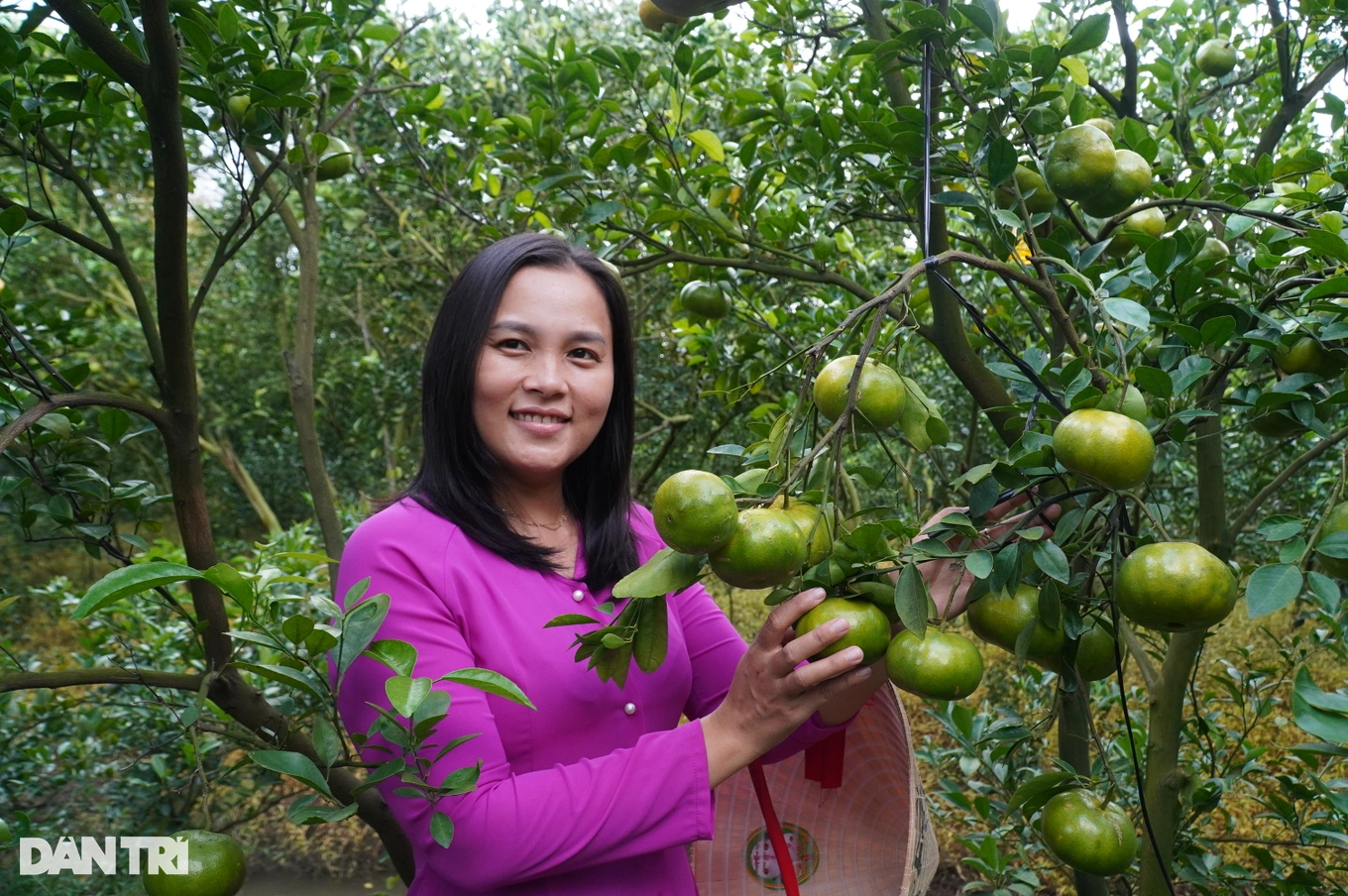








Comment (0)